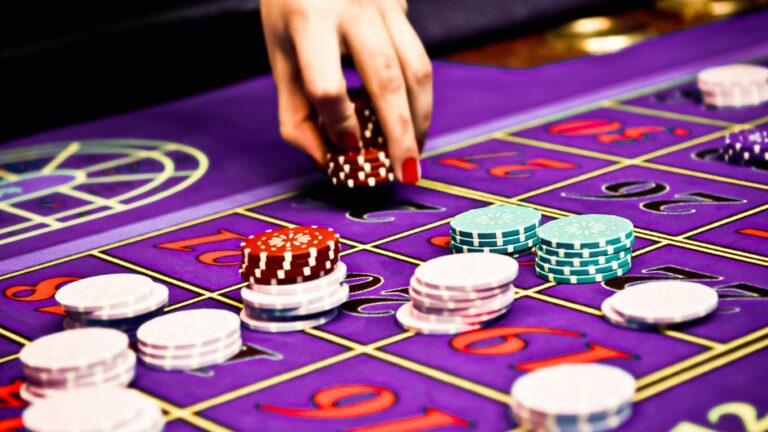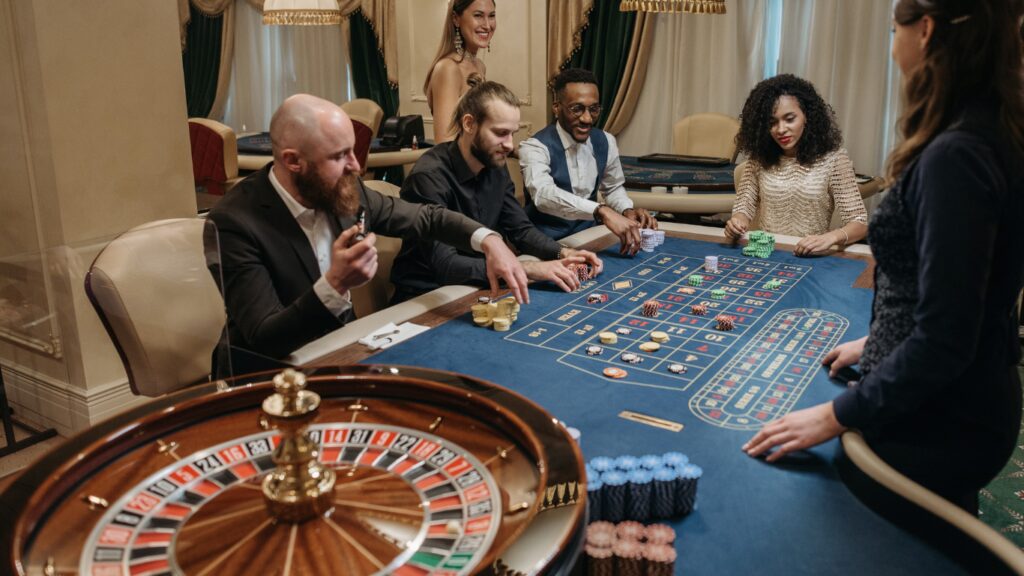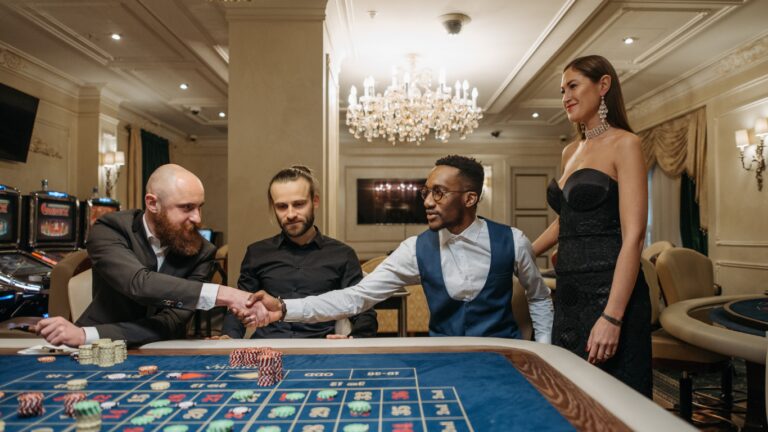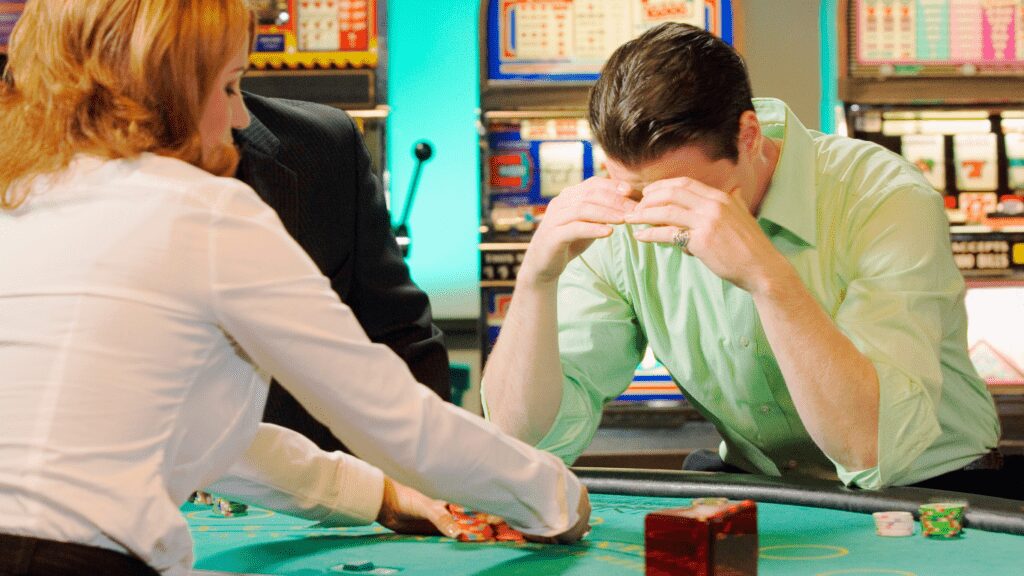Betting can be an exhilarating experience, but it’s easy to get caught up in the thrill and overlook the importance of strategy. Every session comes with its own set of risks and rewards, and finding the right balance is key to making smarter decisions. Without a thoughtful approach, even the most confident bets can lead to unexpected outcomes.
Overview Of “Think Before You Bet”
“Think Before You Bet” focuses on promoting a thoughtful approach to betting by emphasizing responsible decision-making. I explore how understanding the balance between risk and reward can enhance the process while minimizing financial and emotional stress. This concept encourages bettors to assess their decisions critically rather than act on impulse.
Analyzing potential outcomes is essential in any betting session. I underline the importance of researching odds, studying historical data, and factoring in objective insights before committing to wagers. By doing so, bettors can align their strategies with informed expectations rather than relying on intuition alone.
Setting limits for time and money plays a central role in this approach. I stress adopting a disciplined mindset, such as establishing clear boundaries for spending and defining a maximum duration for any betting session. These practices safeguard against excessive losses and help maintain control over the experience.
Recognizing emotional influences is another significant element. Staying aware of emotions like frustration or overconfidence enables bettors to avoid decisions driven by temporary feelings, ensuring that logic guides each choice. Managing emotions aids in maintaining focus and reducing the likelihood of poor judgments.
Understanding Risk And Reward In Betting
Analyzing the relationship between risk and reward helps develop smarter betting strategies. A clear understanding of this balance supports more informed decision-making.
The Importance Of Weighing Decisions
Evaluating decisions before placing bets prevents impulsive actions. Higher risks often promise greater rewards but can lead to significant losses if not backed by solid knowledge. Calculating potential payoffs involves:
- studying odds
- underlying statistics
- probable outcomes
For instance, betting on a long shot with poor odds may be enticing but carries a low likelihood of success. Prioritizing bets with balanced risk and reward ensures more consistent outcomes. I always review the potential downside before committing and avoid overextending in high-stakes scenarios.
Common Mistakes Gamblers Make
Several mistakes undermine effective betting. Overconfidence, fueled by prior wins, can result in overestimated projections and unnecessary risks. Emotional betting, such as chasing losses or acting on frustration, leads to irrational choices. Ignoring research, such as skipping odds analysis or historical data, diminishes decision quality. For example, many rely on luck alone, disregarding analytics critical to assessing a situation accurately. Poor bankroll management, like wagering a disproportionate amount of funds, increases the likelihood of financial strain. By recognizing these errors, I focus on refining strategies and maintaining discipline in every betting session.
Key Strategies Highlighted In The Book
This section outlines crucial strategies from the book for responsible betting, focusing on practical methods to balance risk and reward effectively.
Setting A Budget And Limits
Establishing clear financial and time boundaries ensures control over betting activities. I allocate a specific amount of money per session, considering it as an entertainment expense rather than a source of income. This prevents chasing losses and safeguards my finances. I also set a time limit for each session to avoid prolonged gambling periods that can lead to emotional and financial strain.
Recognizing Patterns And Odds
Analyzing historical data and betting odds helps identify winning opportunities. I study relevant trends in past games or events, assessing factors like player performance or team dynamics. Understanding how odds reflect probabilities allows me to evaluate bets more effectively. For example, identifying value bets, where an outcome is underpriced by bookmakers, plays a significant role in optimizing my decisions.
Staying Emotionally Detached
Separating emotions from decision-making is critical for effective betting. I maintain objectivity by avoiding impulsive actions, even after a winning streak or frustrating loss. This strategy reduces the risk of overconfidence or anxiety-driven errors, particularly during high-stakes situations. By focusing on logic and sticking to predetermined strategies, I enhance my ability to make sound assessments.
The Role Of Discipline And Patience

Discipline and patience form the backbone of a balanced betting strategy. Maintaining control over my impulses ensures that I approach every decision with clarity. Betting without discipline often leads to rash decisions, resulting in unnecessary losses. By setting rules for myself, such as adhering to pre-determined budgets and strategies, I create a structured framework that minimizes risk and keeps my focus on long-term gains.
Patience allows me to wait for favorable opportunities instead of chasing losses or acting out of frustration. I avoid making hasty bets by choosing to analyze outcomes thoroughly, even when immediate rewards seem tempting. For instance, if odds don’t align with my research, I skip bets rather than forcing decisions. This approach reduces exposure to unnecessary risks and improves success rates.
Using both discipline and patience together helps me resist emotional influences. Staying calm prevents overconfidence after wins or desperation after losses. Practicing these principles consistently ensures that my betting decisions remain logical and optimized for managing risk while pursuing rewards.
Real-Life Applications Of The Book’s Principles
I see the principles from “Think Before You Bet” being applied effectively in various real-world scenarios to promote smarter betting decisions. These strategies guide bettors in both recreational and professional settings, ensuring balance and thoughtful actions during every session.
1. Professional Betting Strategies
Professional bettors use data analysis and bankroll management to achieve consistency. For example, they allocate a fixed percentage of their bankroll for each bet to reduce financial risk. By analyzing historical data and odds, they identify trends, improving their chances of success. These practices demonstrate the book’s emphasis on research and discipline.
2. Casual Betting Sessions
Recreational bettors leverage limits on spending and time to maintain control. For instance, allocating $50 for a weekend of entertainment ensures gambling doesn’t exceed their desired budget. This aligns with the book’s recommendation to treat betting as entertainment rather than a money-making endeavor, minimizing financial stress.
3. Sports Betting Events
In sports betting, decision-making often requires emotional detachment. For example, avoiding bias toward a favorite team ensures objectivity, preventing emotionally-driven bets. Adopting strategies like these echoes the book’s focus on logical judgment over impulsive actions.
4. Avoidance of Common Mistakes
Bettors who recognize mistakes such as chasing losses or overbetting benefit from applying the book’s principles. For instance, stopping after a losing streak instead of trying to recover losses promotes financial stability. This approach supports the balance of risk and reward and controls emotional betting tendencies.
5. High-Stakes Tournaments
In high-stakes environments, maintaining patience and discipline is critical. Skilled bettors analyze tournament structures and evaluate their opponents before acting. This method reflects the necessity of thorough preparation and calculated decisions, as highlighted in the book.
















































































































































































































































































































































































































































































































































































































































































































































































































































































































































































































































































 As co-founder of CasinoMastermindx. Cecilla Pricetalker leads the vision and strategy behind the platform’s tech-focused content. With a deep understanding of casino innovation, software engineering, and iGaming trends, she ensures every piece reflects accuracy, innovation, and integrity. Cecilla’s leadership and technical insight make CasinoMastermindx.com a trusted source for forward-thinking gaming intelligence.
As co-founder of CasinoMastermindx. Cecilla Pricetalker leads the vision and strategy behind the platform’s tech-focused content. With a deep understanding of casino innovation, software engineering, and iGaming trends, she ensures every piece reflects accuracy, innovation, and integrity. Cecilla’s leadership and technical insight make CasinoMastermindx.com a trusted source for forward-thinking gaming intelligence.
